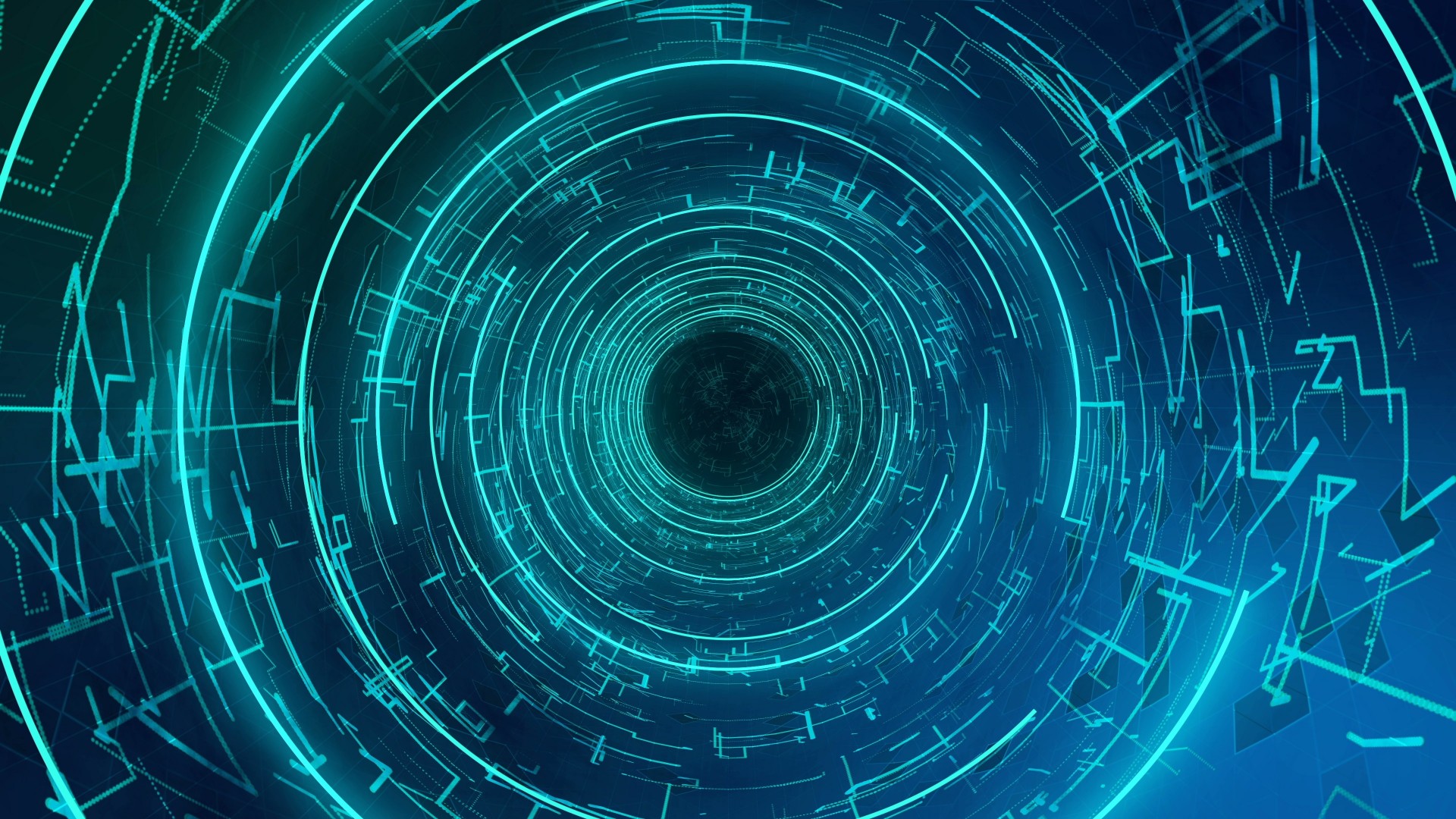Legislation is key, but so is individual and cultural change.
Transcript:Well I mean first and foremost with respect to climate, we . . . we can and must enact legislation which is proportionate to the very serious challenge we face; which would be massive, mandatory emissions reductions. I think also, you know, we’re going to have to tax carbons and reinvest, you know, those funds in developing green and alternative energy sources, and growing a green economy in this country and in other countries around the world. So there’s a series of very concrete solutions that I think we can and must take right away; but again as I outlined earlier, I think that ultimately what’s most important is what each and every person at an individual level is called to do, and who they are called to be on this planet. And I think we need to build a global consciousness and commitment to community, and to living our lives in ways that befit the gift of life we’re given for a short period of time on this planet. And I do believe that at a cultural level, part of that gift bestowed on us obligates us to give back. And I think that requires a fundamental reorientation as to who we are and how we are; and a real invitation to live our lives in a day-to-day way with integrity. So what I’m talking about is a . . . not just structural adjustments which need to be made in almost every . . . almost every issue area imaginable, whether it’s giving free and affordable healthcare to everybody in this country, or addressing the climate collapse; but also the invitation to each of us at an individual level to really tackle the responsibility of ensuring that we’re part of the solution rather than a part of the problem.
Recorded on: 8/13/07





